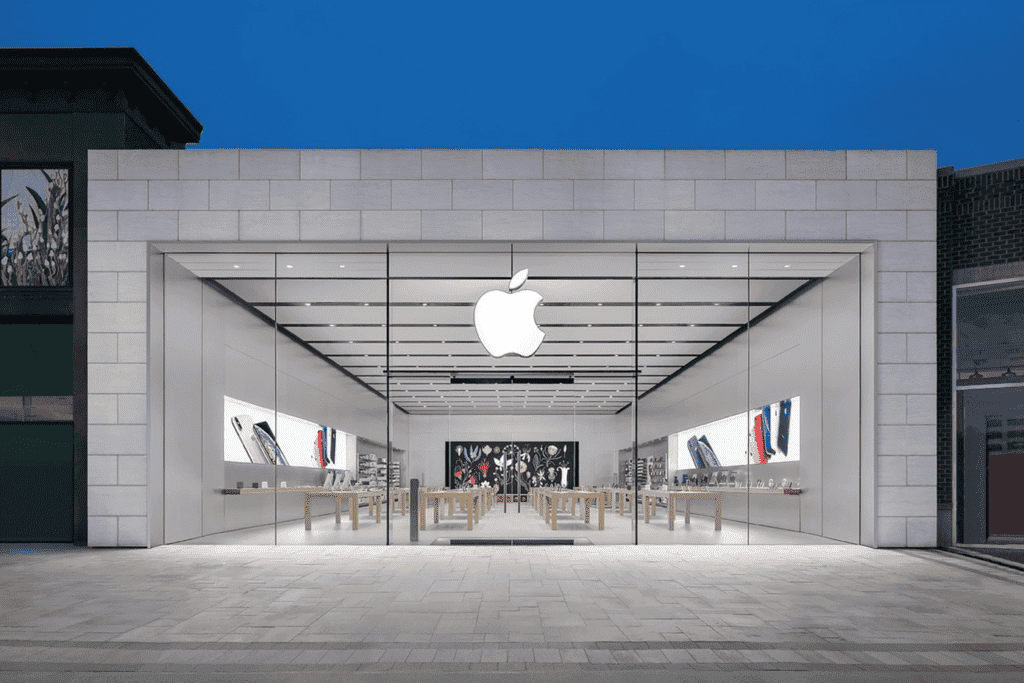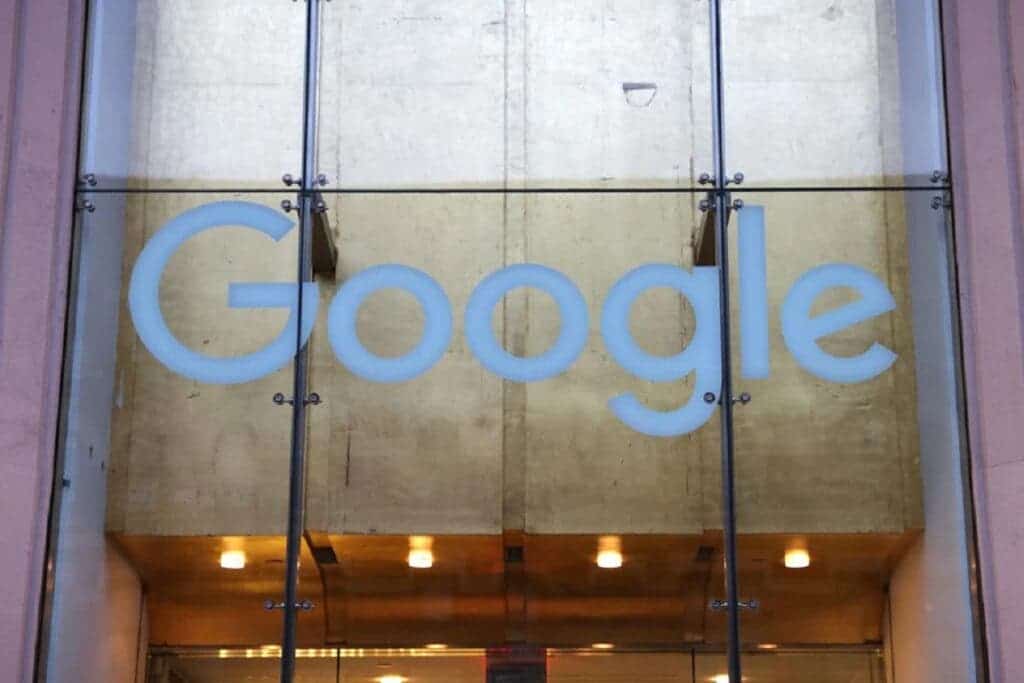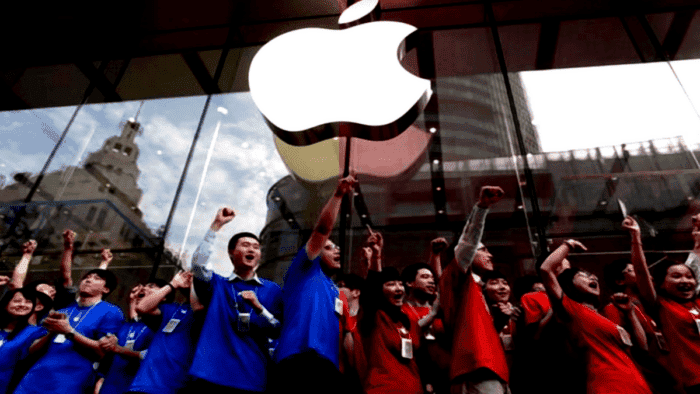South Korea approved detailed rules for a law that bars major app store operators including Apple Inc and Alphabet Inc’s Google from forcing software developers to use their payment systems. This is contained in a recent report from the country’s telecom regulator. South Korea passed the law last year as an amendment to the Telecommunications Business Law. This is the first time a major economy has imposed such restrictions on Apple and Google. Both companies have been facing global criticism for requiring developers to use proprietary payment systems. These proprietary payment systems charge as much as 30 percent commission.

The rules, known as implementing regulations, will go into effect on March 15. The regulator, the Korea Communications Commission (KCC), said in a statement that they made it clear that the law prohibits “the act of forcing specific payment methods to mobile content providers” by unfairly exploiting the position of app market operators.
Han Sang-hyuk, chairman of the KCC, said: “In order to prevent indirect circumvention of regulation, the types and standards of prohibited conduct have been established as closely as possible within the scope authorized by the law”. Prohibited conduct includes unfair delays by app market operators, censorship of mobile content, denial, restriction, deletion, blocking of registration.
The regulations say potential fines for non-compliance will be as high as 2% of the average annual revenue of the relevant business practice.

Apple & Google under fire
Apple and Google has been under fire in different parts of the world with respect to their app store policies. One of the policies that is under fire is the payment method. Apple and Google insists that developers must use their internal payment platforms to complete purchases on the store. This is not a good thing for either the purchaser or the developer.
It is not good because for every purchase you complete, a certain percentage goes to Apple or Google. For Apple, this percentage can be as high as 30% of the total purchase. The implication is that the developer has no choice but to increase the price of the commodity. This is necessary so that it can accommodate the huge commission. Using the 30% commission means that for a $100 purchase, only $70 goes to the developer. Thus, if a service is to cost $100, the developer has no choice but to increase the price to $150. Thus way, after paying the 30% commission, the developer still has $105 for the commodity.
We can now see that Apple and Google’s commission means that users pay more. Also, developers prices are more expensive thereby scaring potential consumers.





